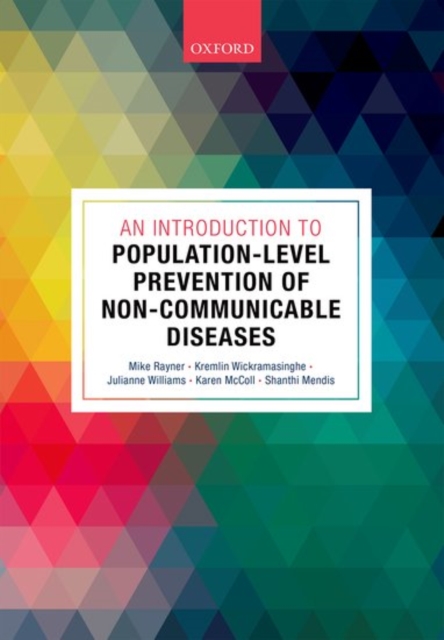Non-communicable diseases (NCDs) are the single biggest cause of death in the world. They include cardiovascular diseases, such as heart attacks and stroke, cancers, chronic respiratory diseases, like chronic obstructed pulmonary disease and asthma, and diabetes. The World Health Organization published a
'Global Action Plan for the prevention and control of NCDs 2013-2020' which set a target to reduce death rates from NCDs by 25%. In response, countries are drawing up national level NCD prevention policies and programmes. New units have been set by governments, NGOs, and other organisation to drive this agenda forward creating a need for capacity building and training.
Until the Nuffield Department for Population Health at the University of Oxford initiated an accredited six-day short course on Prevention Strategies for Non-Communicable Diseases with a population-based approach, many attempts to engage with NCD prevention centred on individual-level interventions, such as screening and treating individual patients. In this new book, the course leaders bring together the entire scope of the population-based approach and provide a solid introduction to the concepts, evidence, and methods that define it.
'An Introduction to Population-Level Prevention of Non-Communicable Diseases' takes readers through the policy cycle from problem definition, solution generation, capacity building, and implementation to evaluation and monitoring. The book includes a wide range of case studies, and practical examples of plans and projects which illustrate real-life application of theory.
This book provides an unparalleled overview of population-based approaches to the prevention of non-communicable diseases, reflecting the latest research in the field. It will be a key resource for anyone with an interest in NCD prevention, with particular relevance to early-career professionals working on NCD prevention in governments, NGOs, health care institutions, and universities, as they develop the knowledge and skills required for effective population-based prevention strategies.












